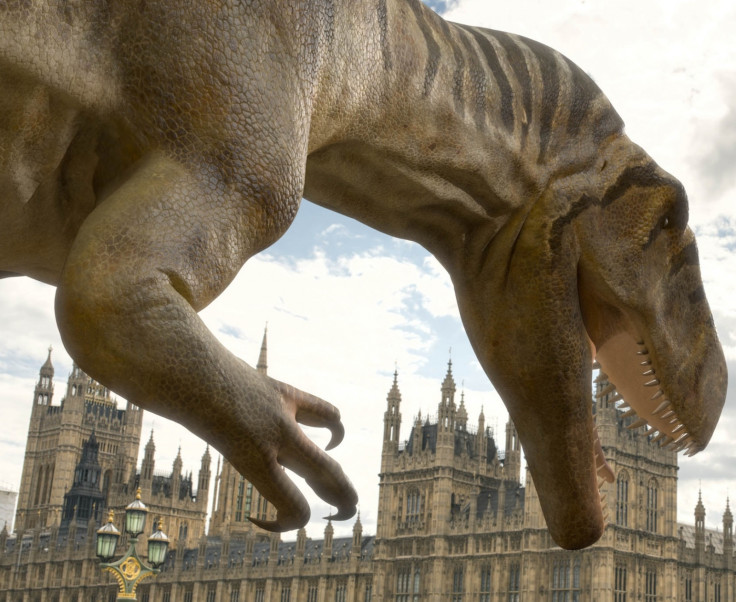Dinosaur Britain: Latest palaeontology discoveries reveal 'find of the century' – a new dinosaur

Research has identified an entirely new species of dinosaur that lived in the UK 200 million years ago. Britain is now positioned as home to some of the best dinosaur fossils in the world, including giant sauropods measuring more than 20 metres: the length of two double decker buses.
"This country was once a paradise for dinosaurs with more than a fifty different species living here. Britain was a real life Jurassic Park," says Ellie Harrison, presenter of Dinosaur Britain, an ITV programme revealing the latest scientific findings.
The baryonyx was "the find of the century" and one of the most complete dinosaurs ever found in Britain. Discovered in Surrey, the Baryonyx stalked the swamps and rivers of what is now southern England 125 million years ago. This dinosaur used its thumb claw like a hook to get prey out of the water, in the same way grizzly bears do with salmon. When baryonyx was discovered, there was nothing else like it – it was an insight into a new group of dinosaurs that nothing was known about prior to its discovery.
Turkey-sized raptors
The programme also debunks the hunting abilities of velociraptors, made famous in the film Jurassic Park. Dean Lomax, 25, one of Britain's youngest palaeontologists, says they were about the size of a turkey and probably had feathers. He reveals that they couldn't open doors as the raptors didn't have "bunny hands" as they do in the film.
Scelidosaurus was discovered in 2000 by local amateur fossil hunter David Sole. "I noticed some bits falling out of the cliff," he said. "There was a stone that just looked a bit different, odd. I knocked the corner off and found it was packed with bones.
"I checked back religiously over the next few days and found a piece that turned out to be the skull. It's known locally as the Charmouth dinosaur – to date, there's no certain record of it anywhere else in the world, so it's unique to this area."
The dinosaur was 13 feet long, and was a herbivore which had armoured plates to protect it from predators. It roamed the planet about 195 million years ago, according to makers of Dinosaur Britain.
The Isle of Skye off the west coast of Scotland was one of the sites for one of the most important finds. In 1982, evidence of the first Scottish dinosaurs were discovered here. The upper arm discovered suggests it came from a sauropod up to 65 feet in length. "They may have been about 40 tonnes, the weight of 10 African elephants. These would have been earth-shakers," says Lomax.
© Copyright IBTimes 2025. All rights reserved.






















